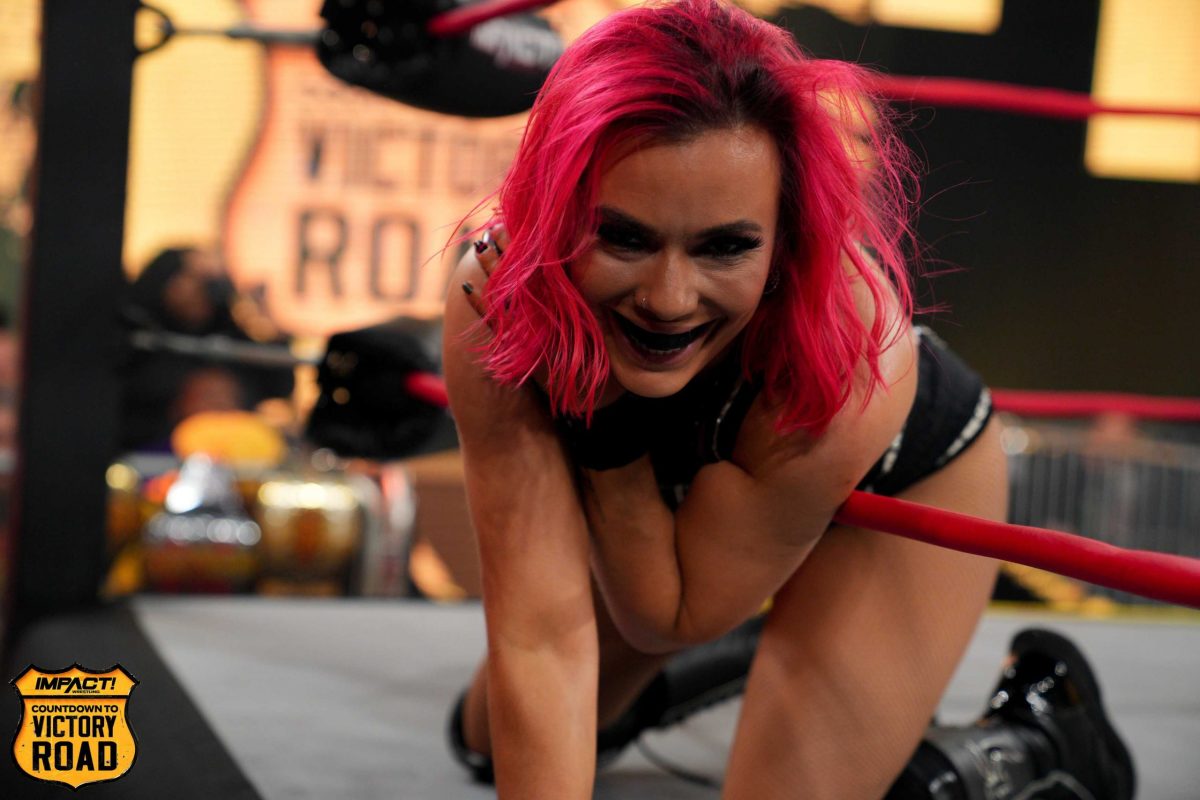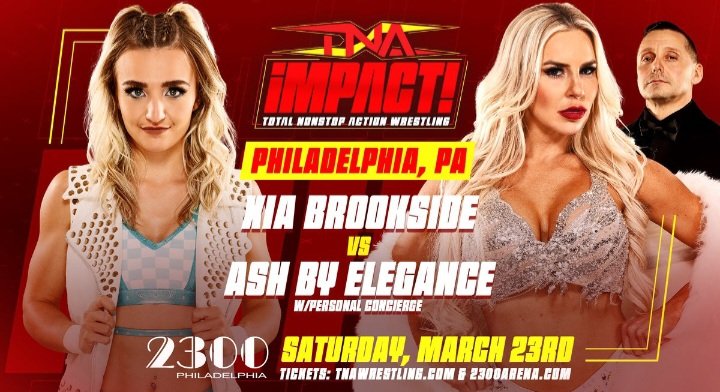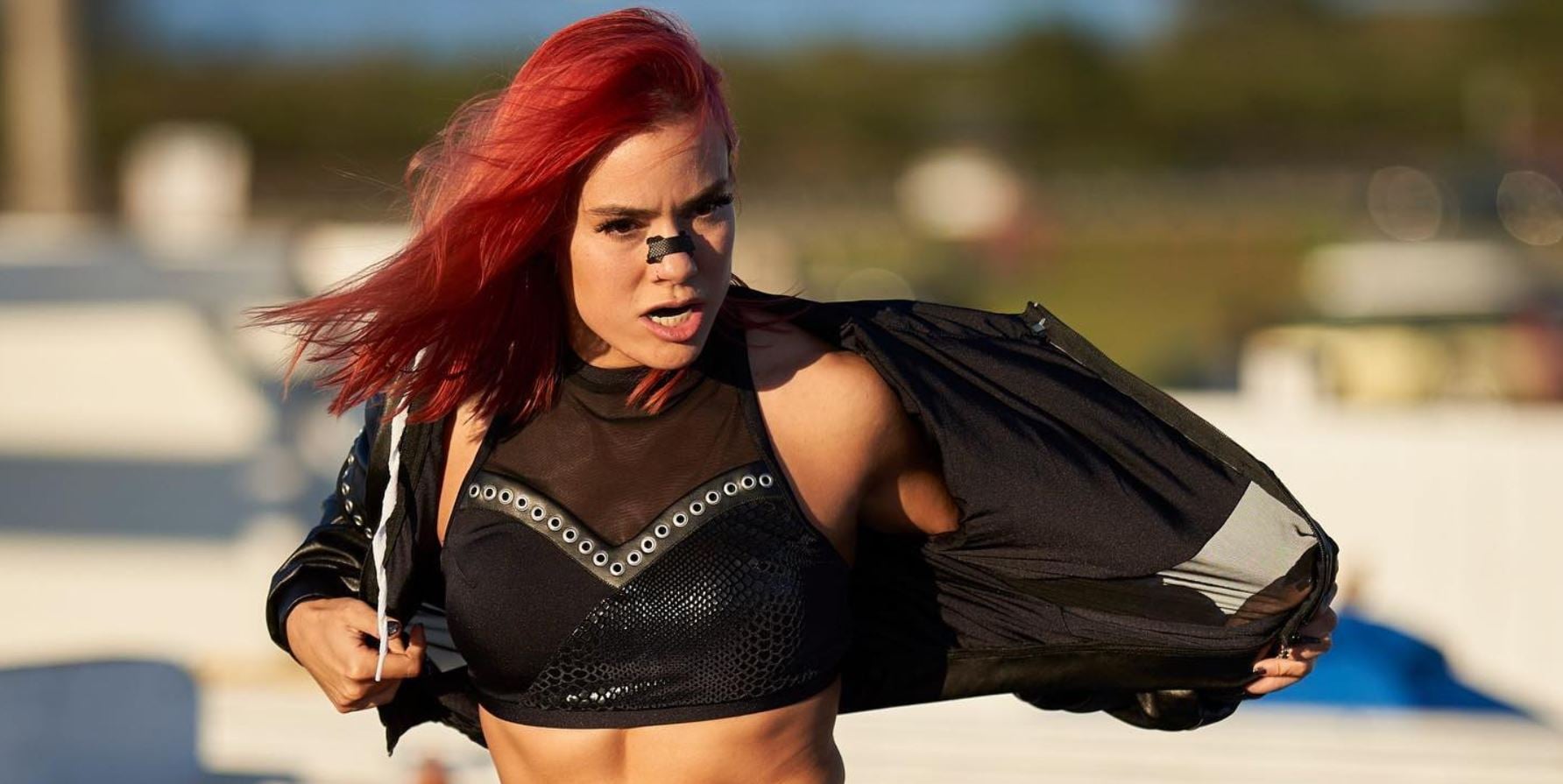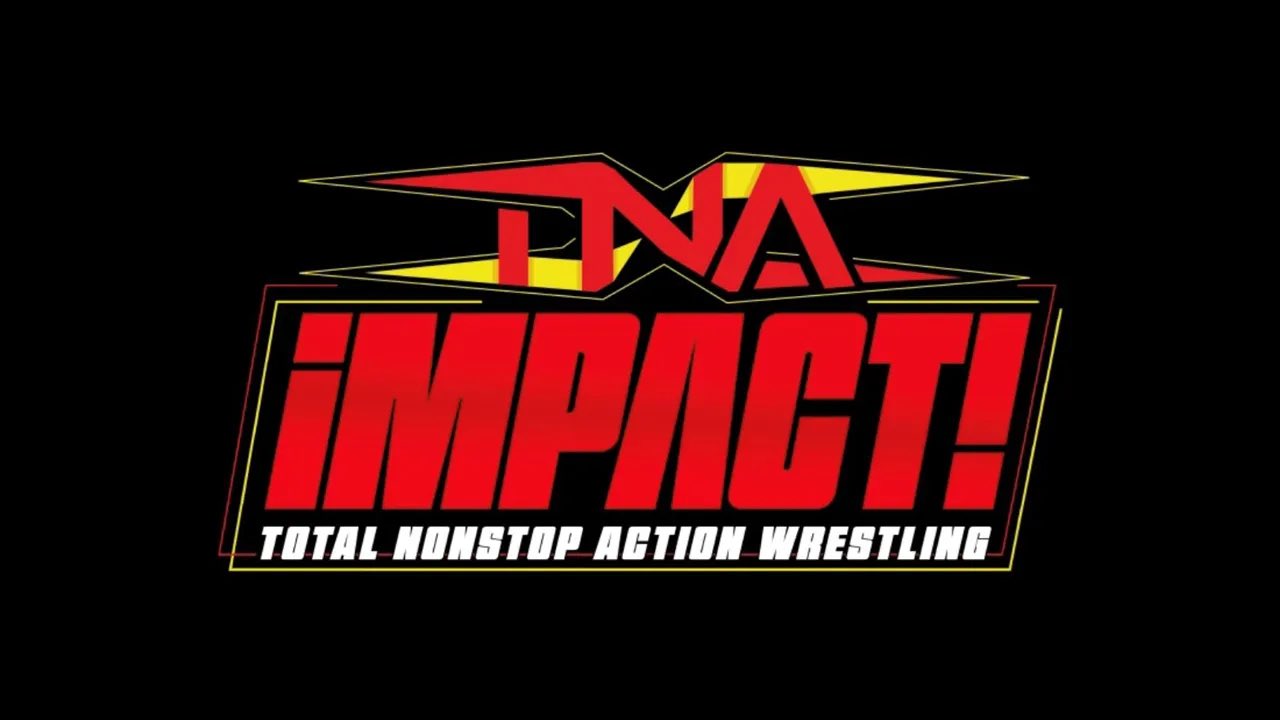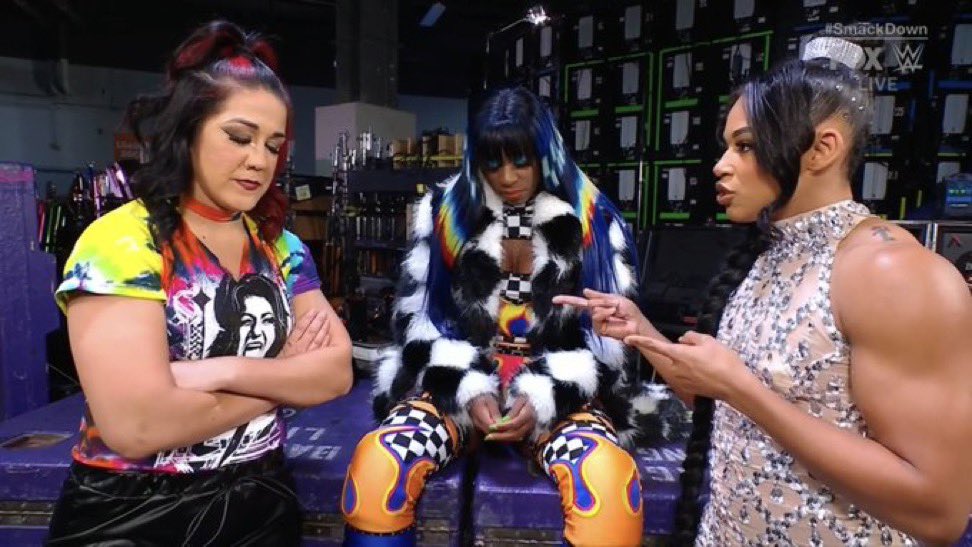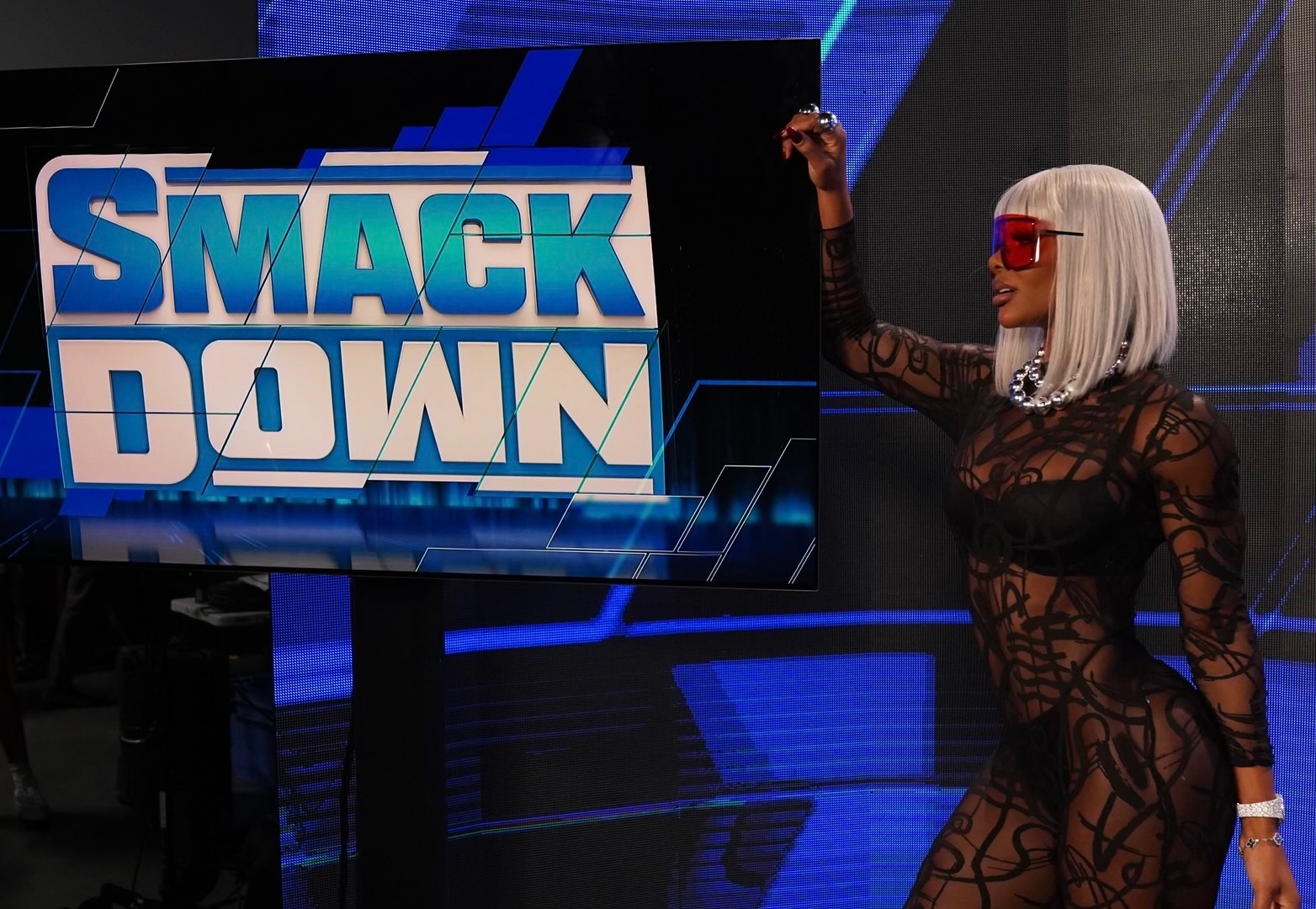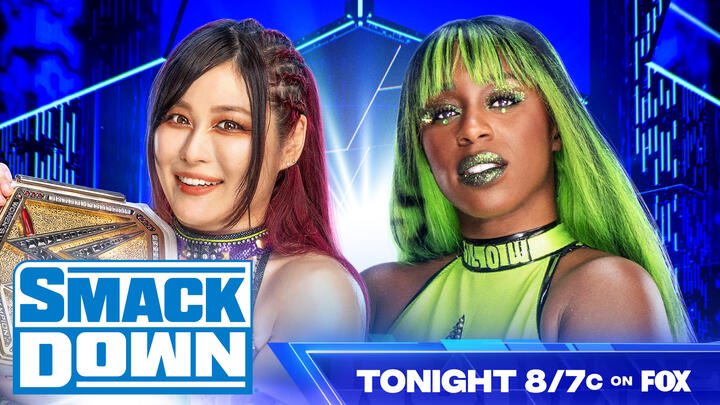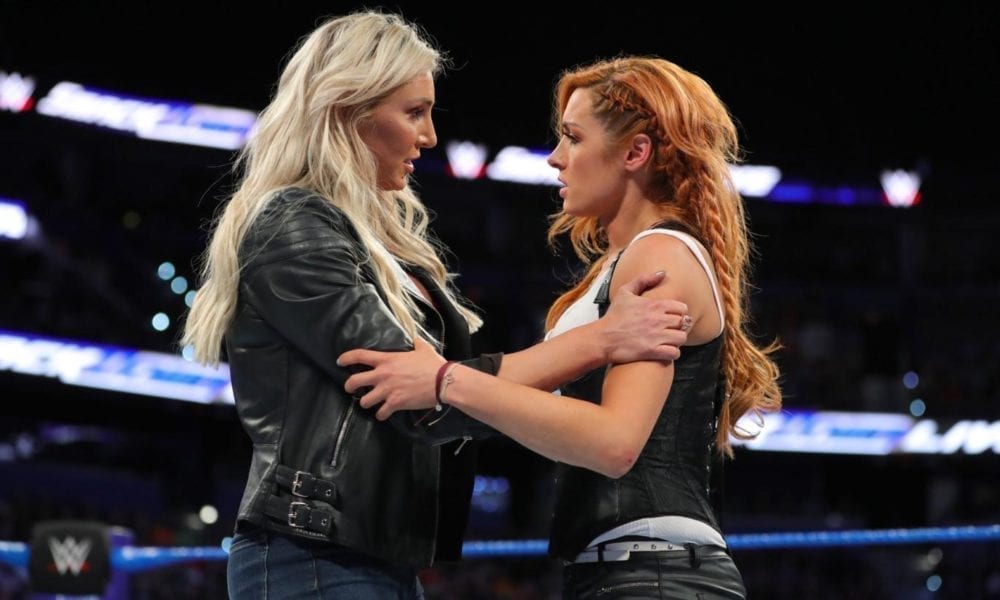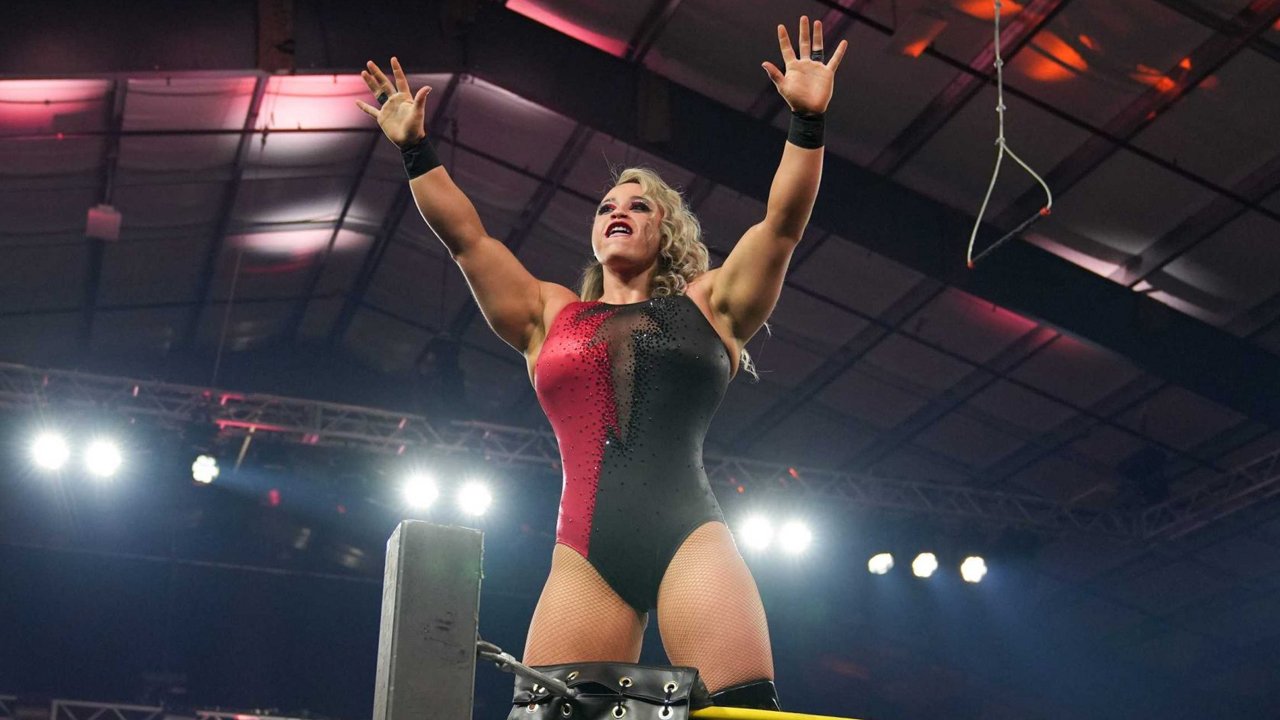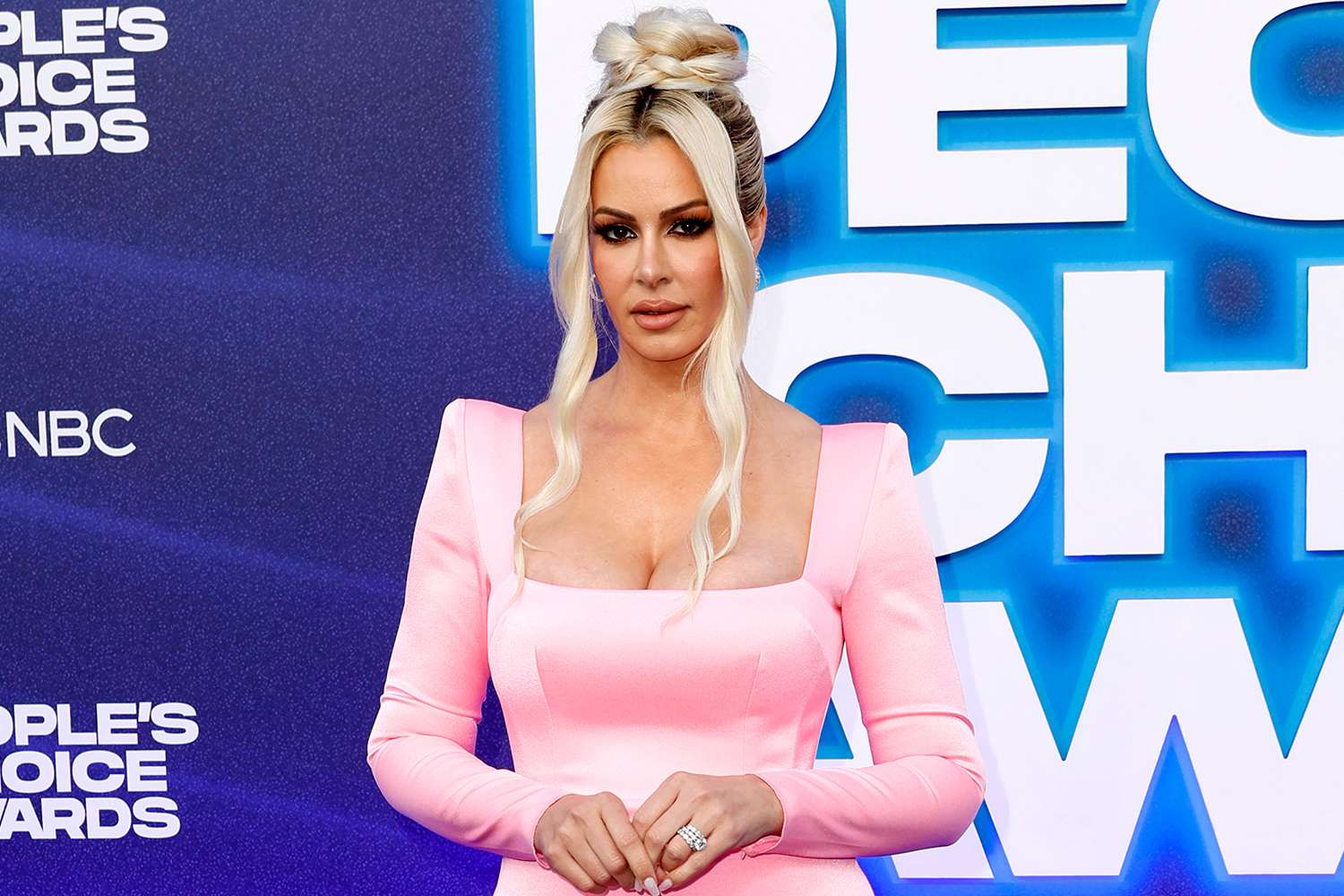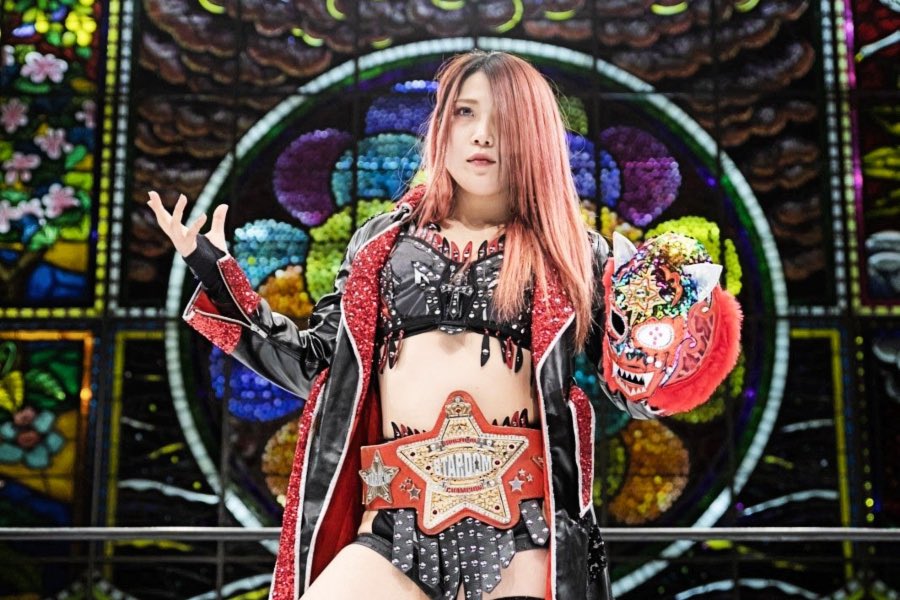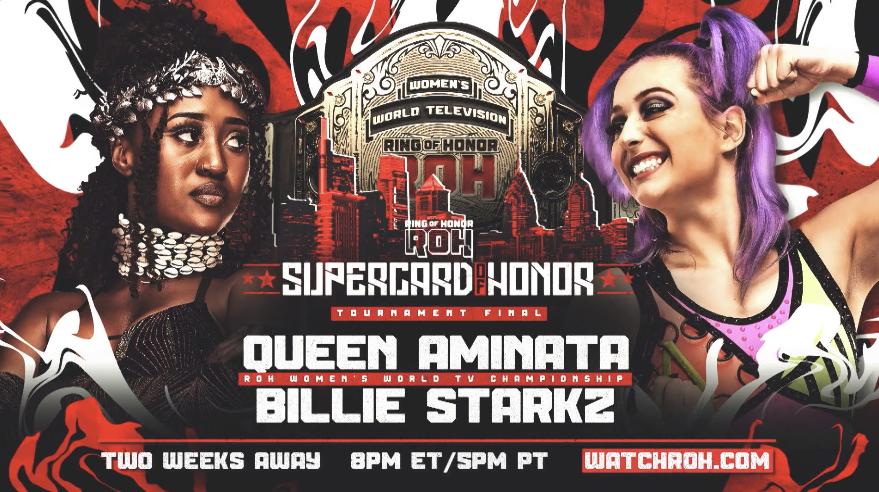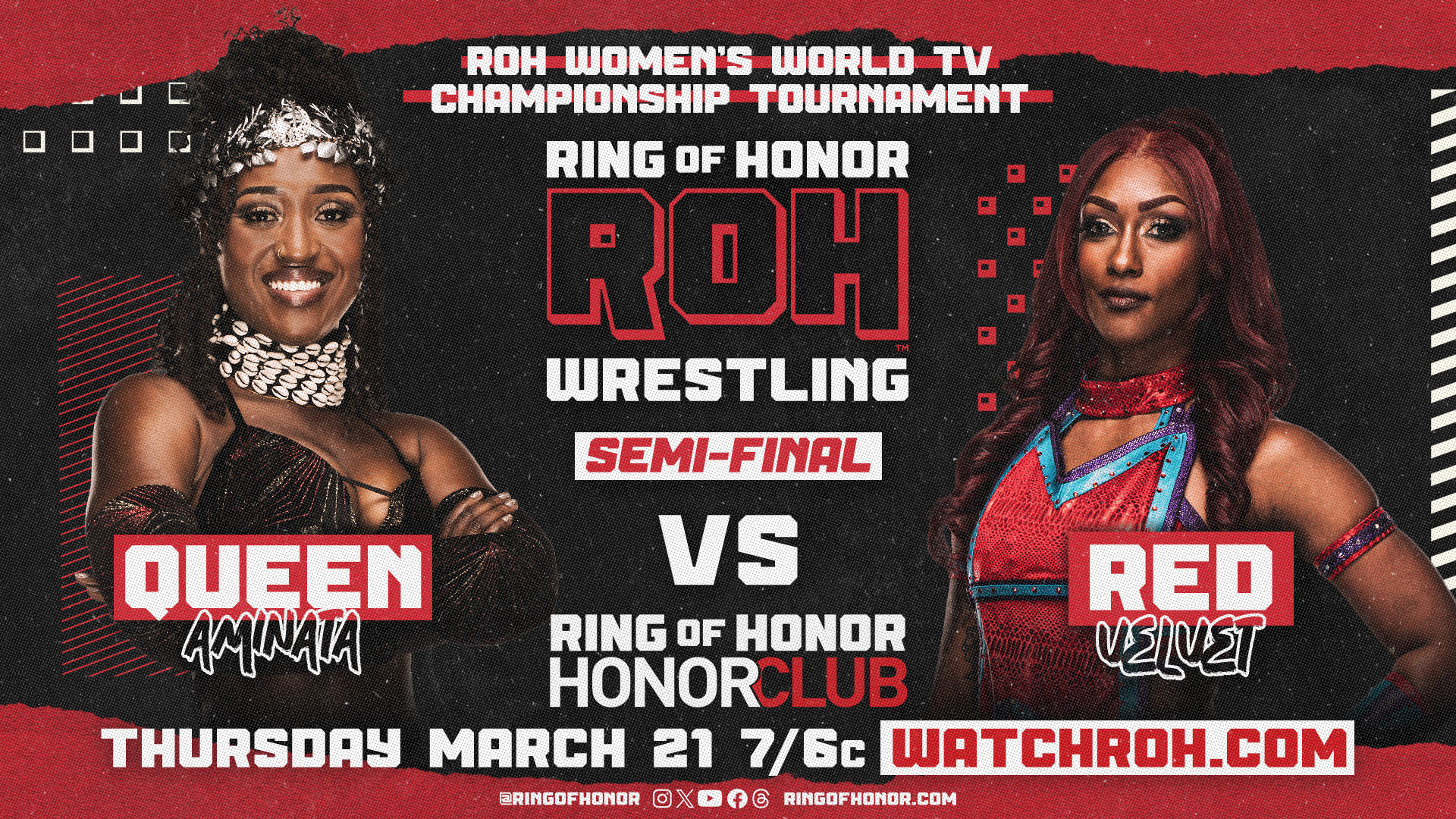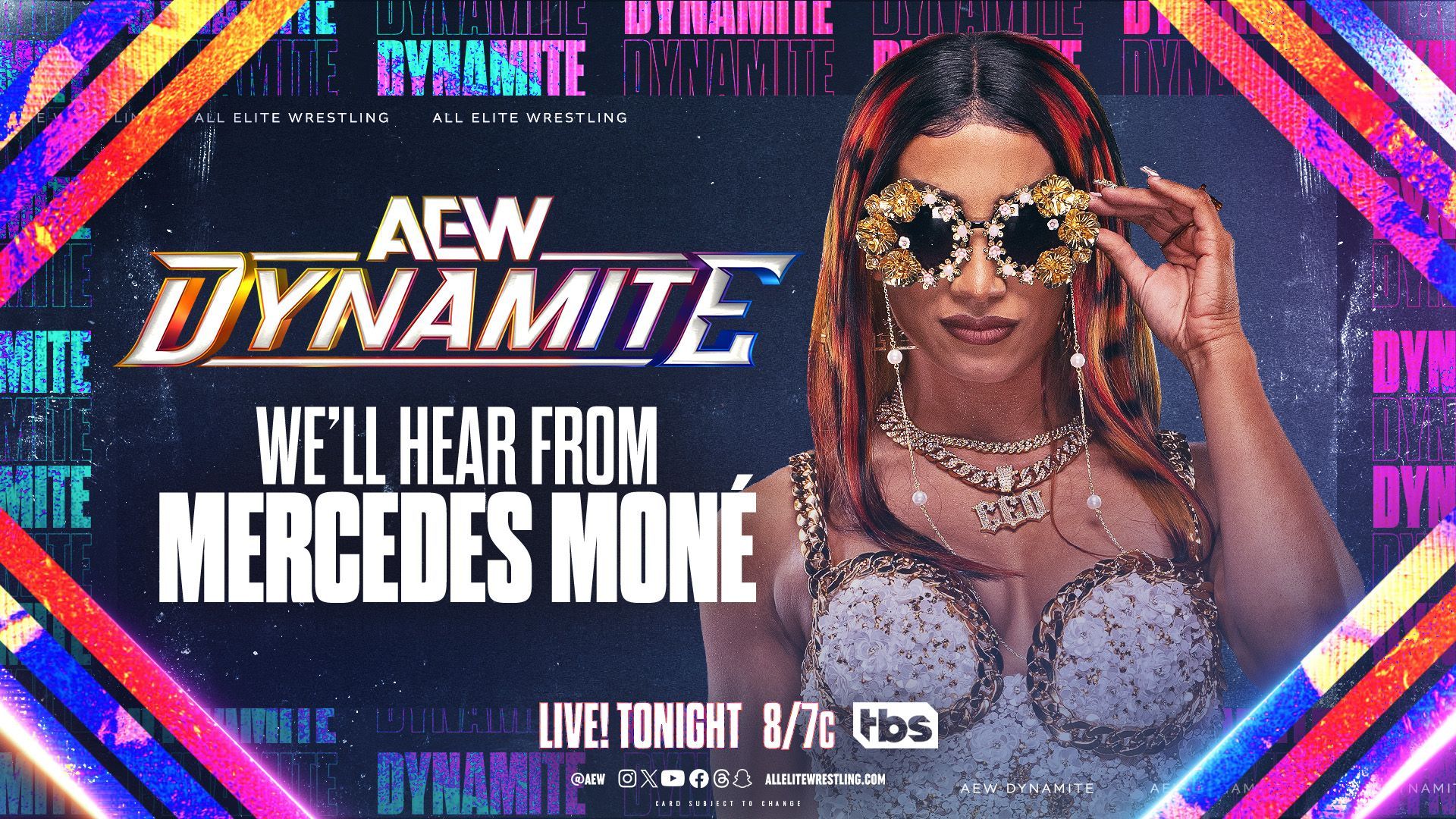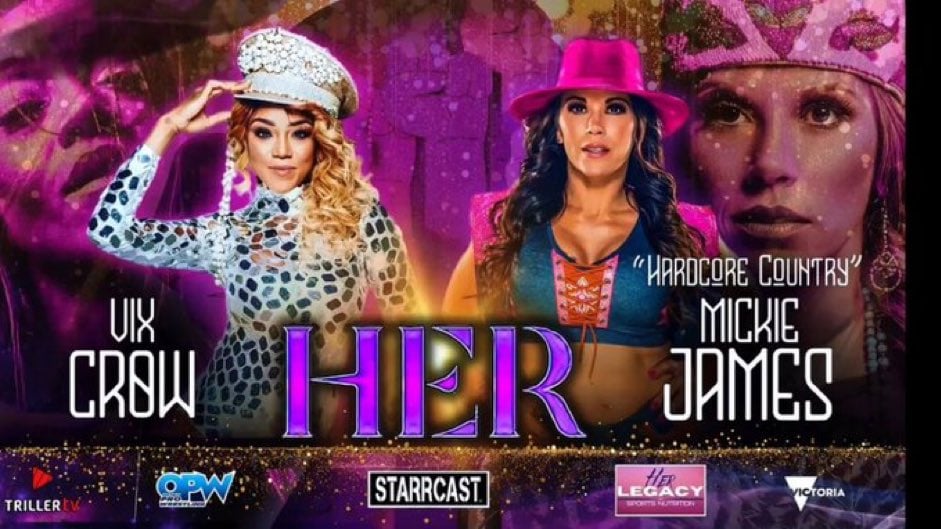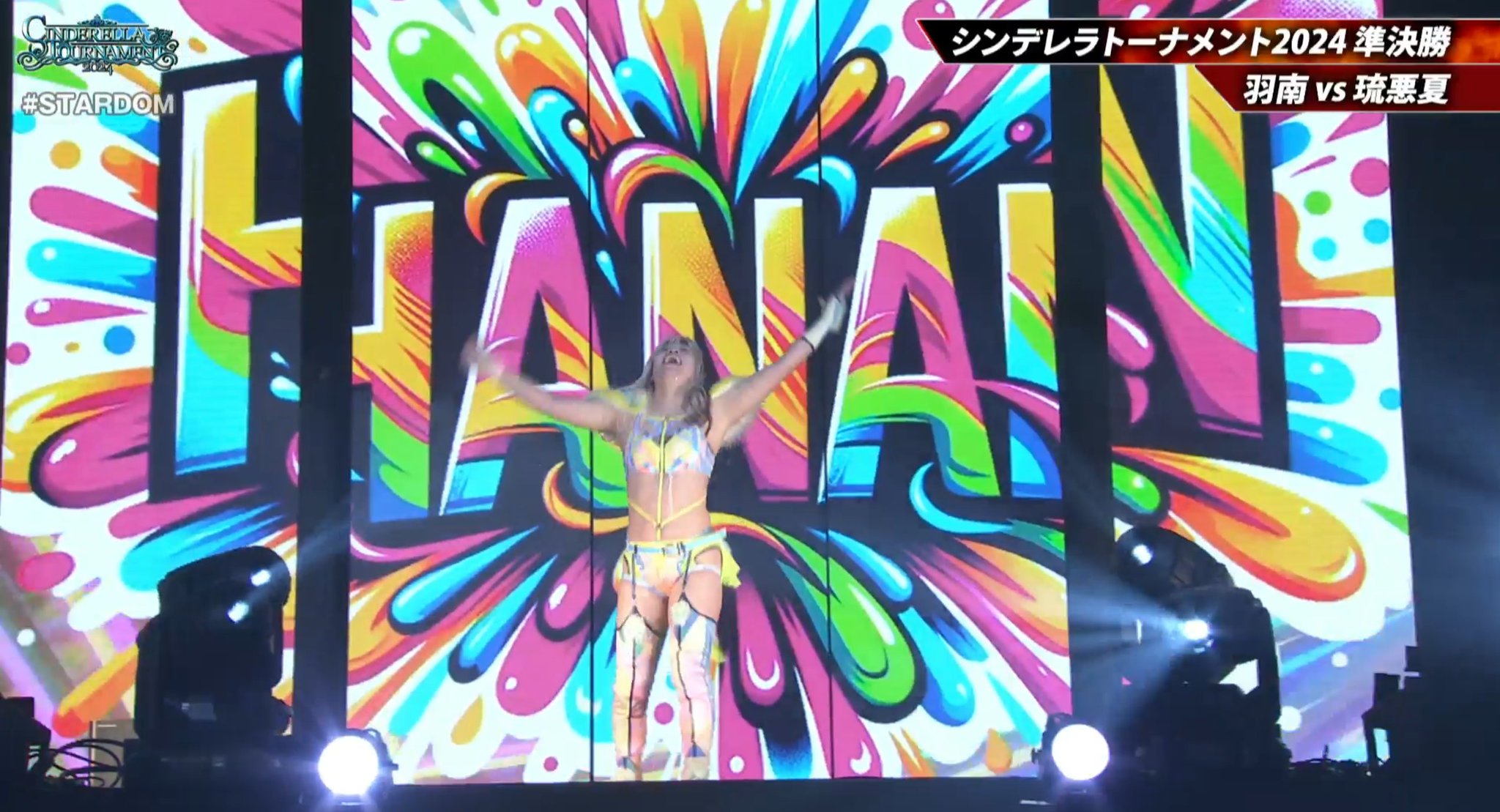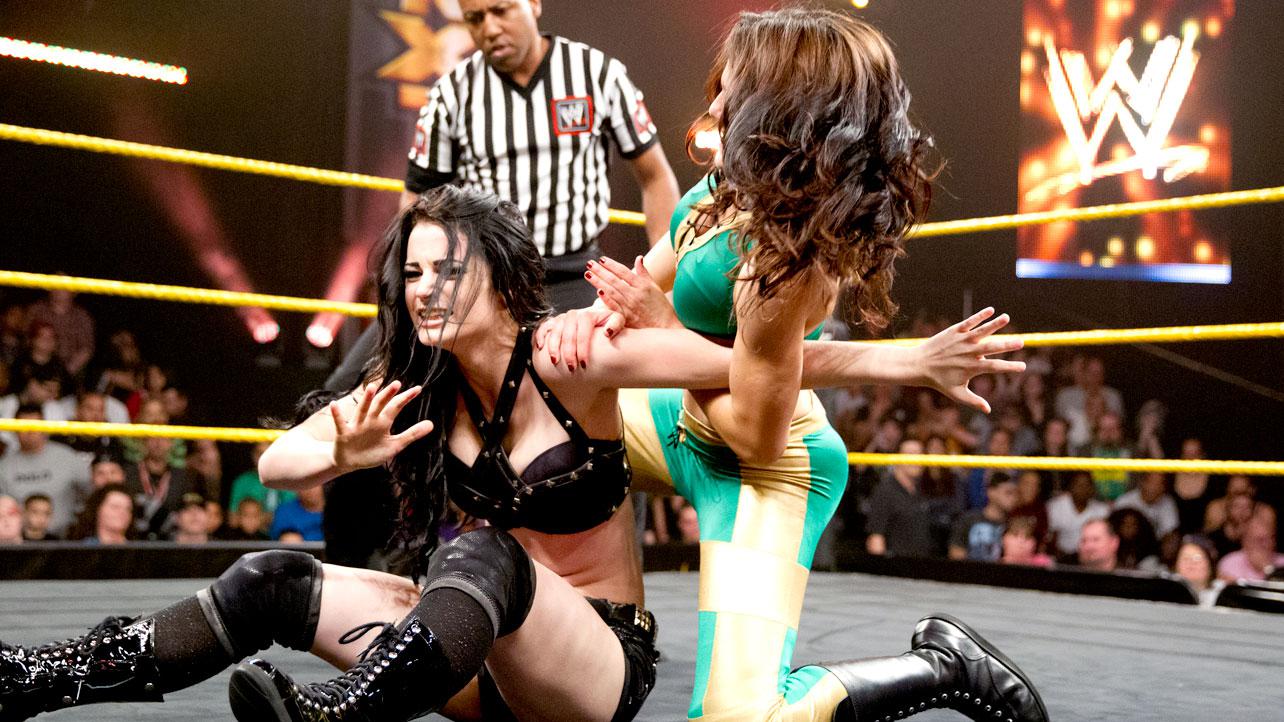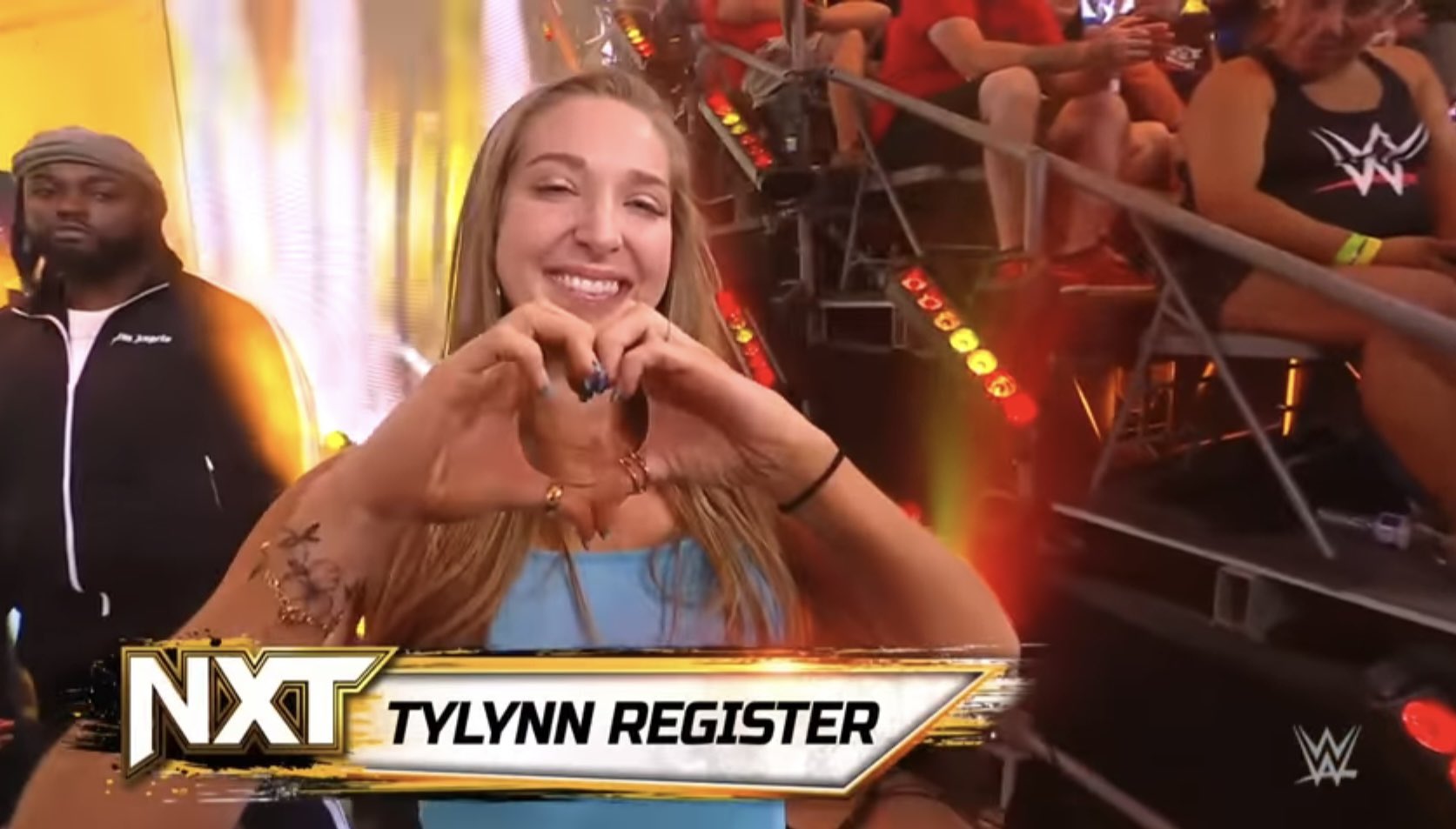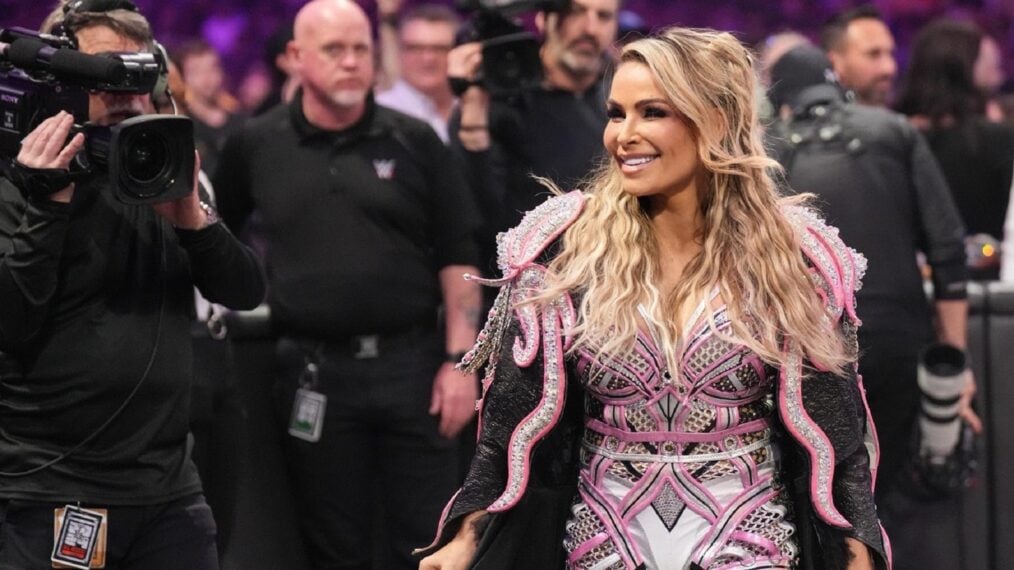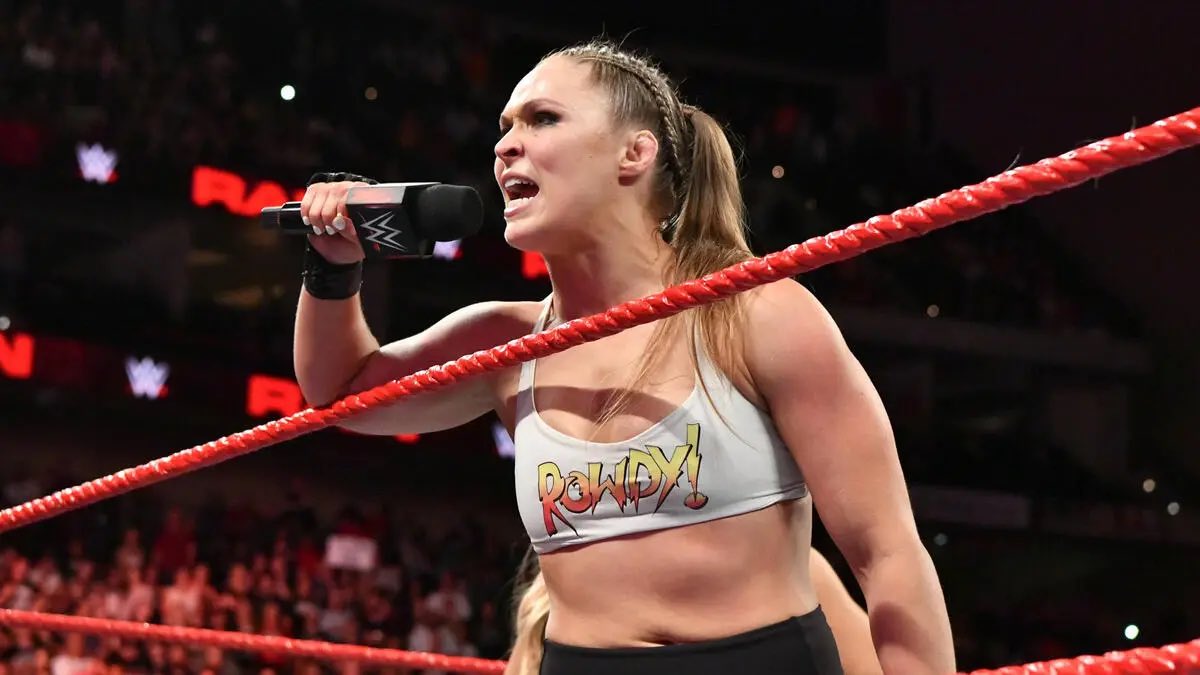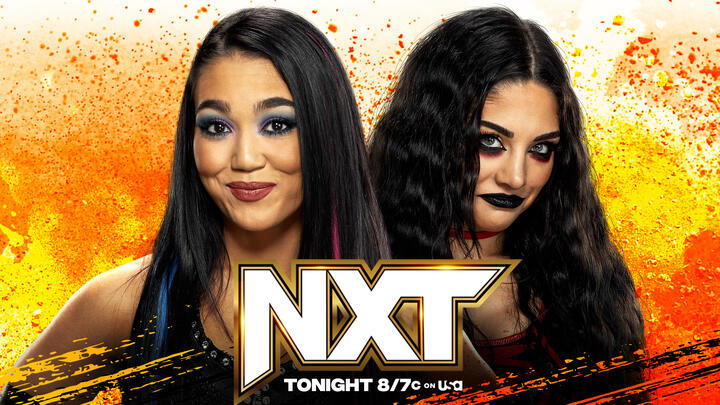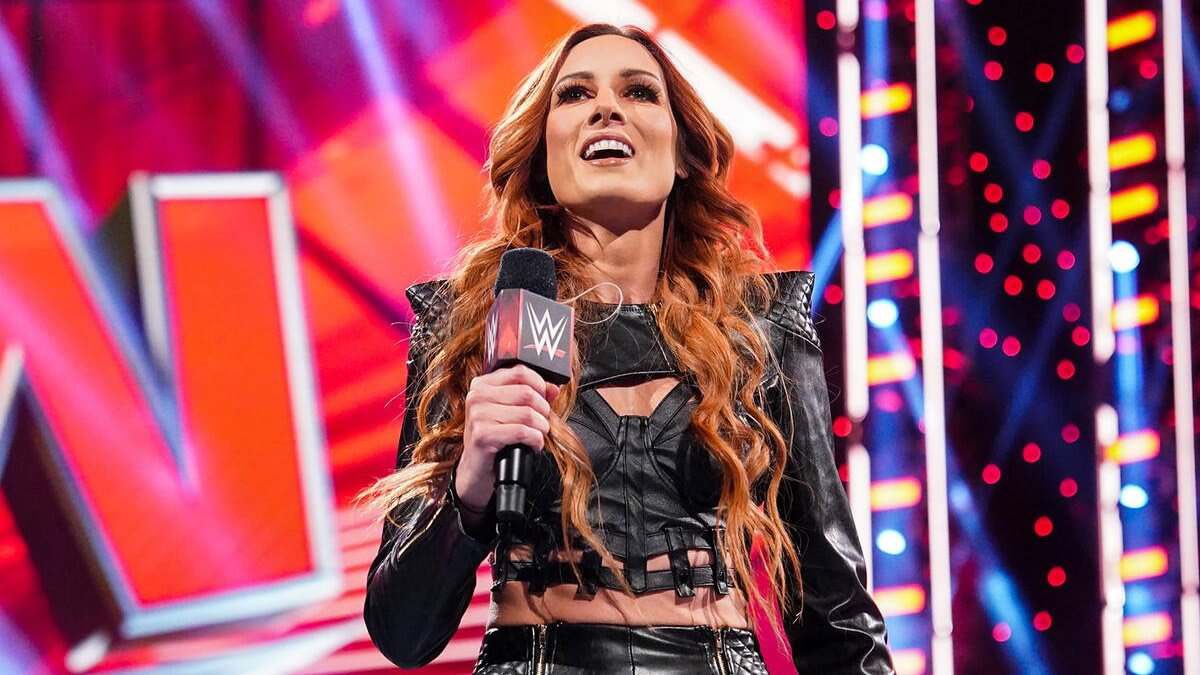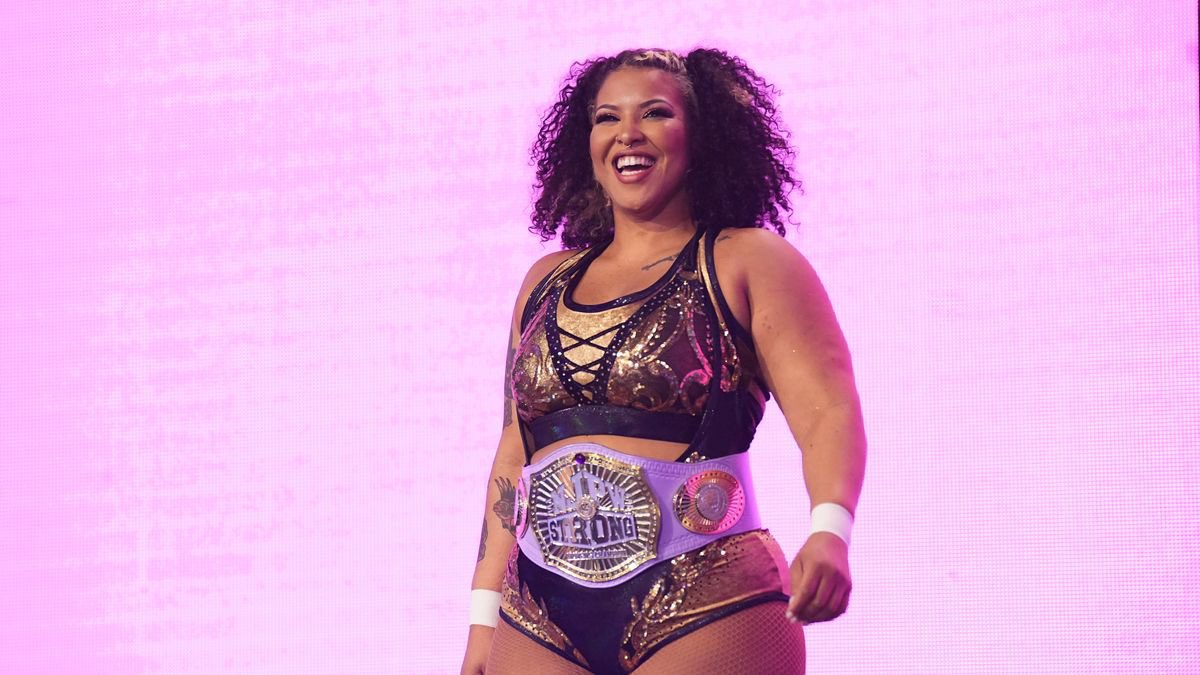Ronda Rousey is one to not hold back what she thinks and she certainly speaks freely in her new book, “Our Fight” which comes out on April 4.
Rousey is a former three-time Women’s World Champion and exited the company for a second time after last year’s SummerSlam. In her upcoming autobiography she talks about Vince McMahon, Saudi Arabia, and the Divas era where women had to put up with a lot of “sexist bullshit.”
You can read the excerpts below.
On Vince McMahon:
“NXT was founded by and under the control of Triple H, real name Paul Levesque. In addition to being my in-ring WrestleMania nemesis, he is arguably one of the best professional wrestlers in history and one of the better people on the business side. He is married to Stephanie McMahon, who is the daughter of WWE’s Emperor Palpatine, Vince McMahon. Vince took over the company from his father in the early 1980s and spent the better part of forty years playing a real-world pro-wrestling version of Monopoly, buying up and absorbing smaller promotions until he basically owned them all.
It’s hard sometimes to know where the evil, unethical, slimeball character of Vince McMahon played out for the cameras ends and the actual questionably ethical, many times sued, and multiple times accused of sexual misconduct Vince McMahon begins. That blurred line between character and reality is a recurring theme within the WWE Universe.”
On Saudi Arabia:
“[Pay-per-views are] held in major cities like New York, Los Angeles, and Philadelphia, as well as now twice a year in Saudi Arabia, a nation that restricts the rights of women in a way that I’m certain Vince McMahon wishes he could.”
On WWE Culture:
“WWE loves to do well-produced video segments about the legacy of women within the organization, but the truth is women have largely been footnotes. For the longest time, they were relegated to serving male characters in a valet role, an overly sexualized supporting character that takes cheap shots when the ref isn’t looking. Over time, as the level of female talent grew and society as a whole started to shift, the organization gradually expanded the role of female wrestlers.
WWE bills itself as a sports entertainment organization, and just like in the mainstream entertainment industry, there was, by all accounts, a casting couch culture where men backstage in powerful positions pressured female talent for sexual favors in return for airtime. There were so many public accusations and scandals it’s hard to keep track, and more that I’m sure the WWE managed to sweep under the ring.
Women weren’t just being demeaned backstage, but center stage. Up until 2007, “Bra & Panties Matches,” where female wrestlers won the match by stripping their opponent down to her underwear, were an actual f*cking thing. Even after that gimmick was retired by WWE executives—I’m sure very reluctantly and with a lot of lamenting about political correctness—it was still clear that the organization placed more value on a woman’s physical appearance than her physical ability.
The Divas Era with its pink rhinestone butterfly title belt dawned around the same time. Women, while now portrayed as wrestlers, were still expected to look a certain way—think lots of makeup, little clothing, and huge boobs. It would take almost another decade, years after I proved women could be a huge combat sports attraction, before women truly started to get time in the squared circle (what diehards call a pro wrestling ring).
And it was only after WWE was basically armbarred into it, following a global social media backlash to #givedivasachance after Divas were given a total of thirty seconds— less time than it takes most people to read this paragraph—for a nationally televised tag match.
Four women were given less time to collectively wrestle than every single man on the roster got for his intro music alone. Presented this information as a person outside of the wrestling world you might draw the conclusion that there is a troubling foundational sexist, patriarchal culture within the WWE. You would be right. I have nothing but respect for the female wrestlers who paved the way for women wrestlers today. And nothing but disgust for the amount of sexist, degrading bullsh*t they were put through.”
All quotes provided by Inside the Ropes.

